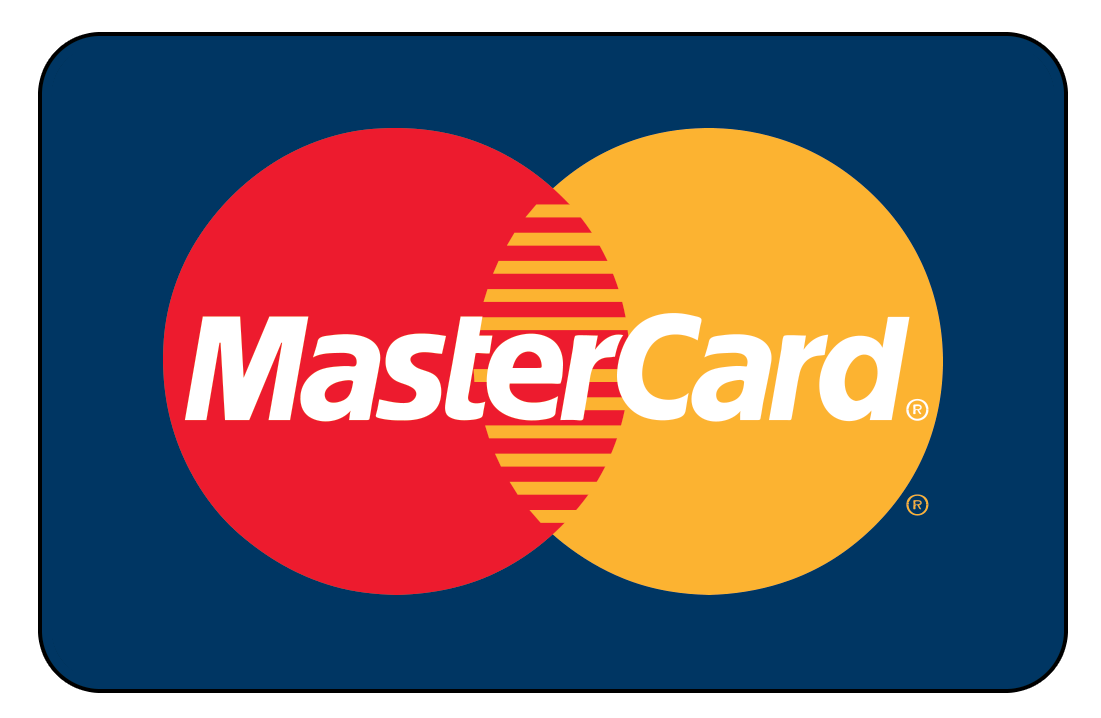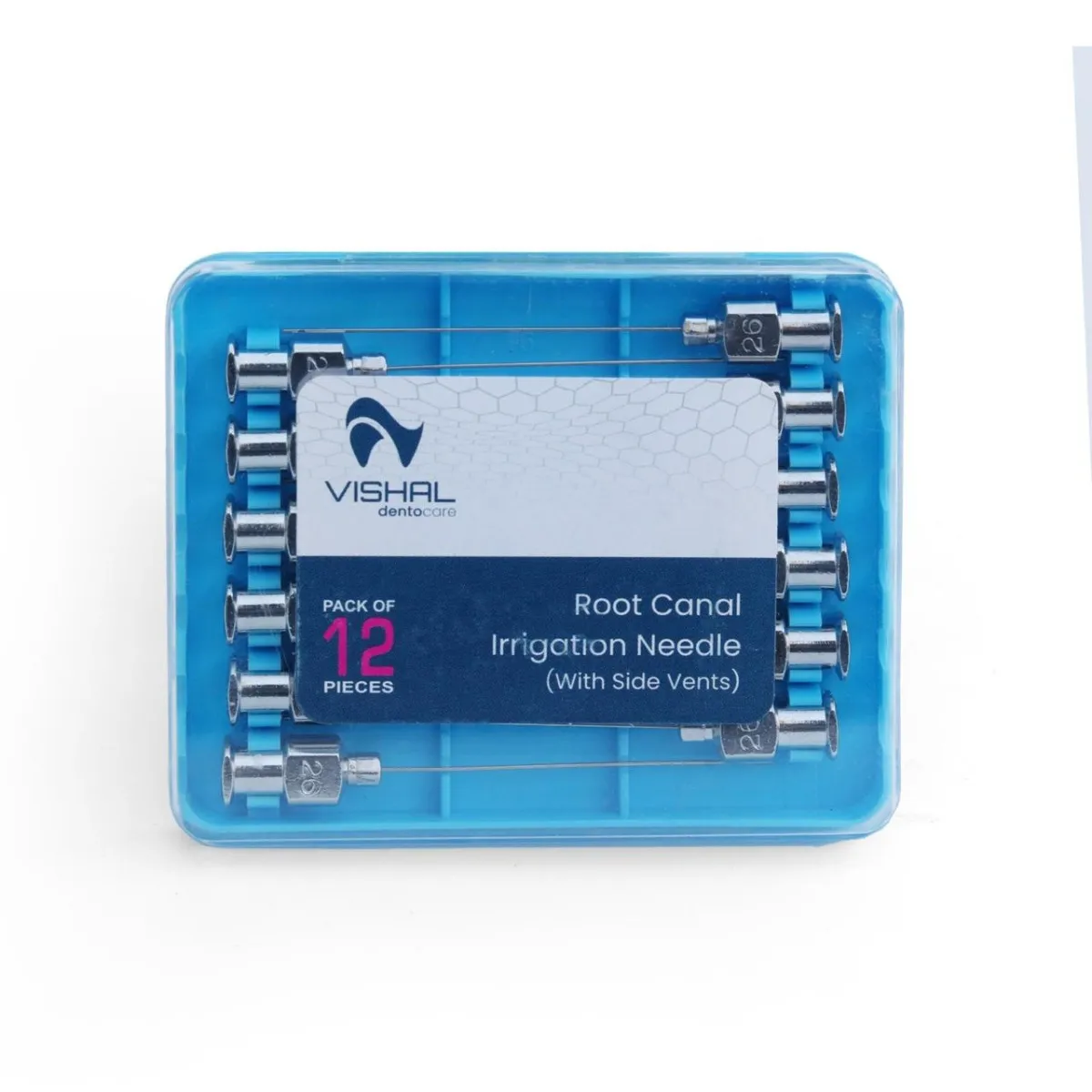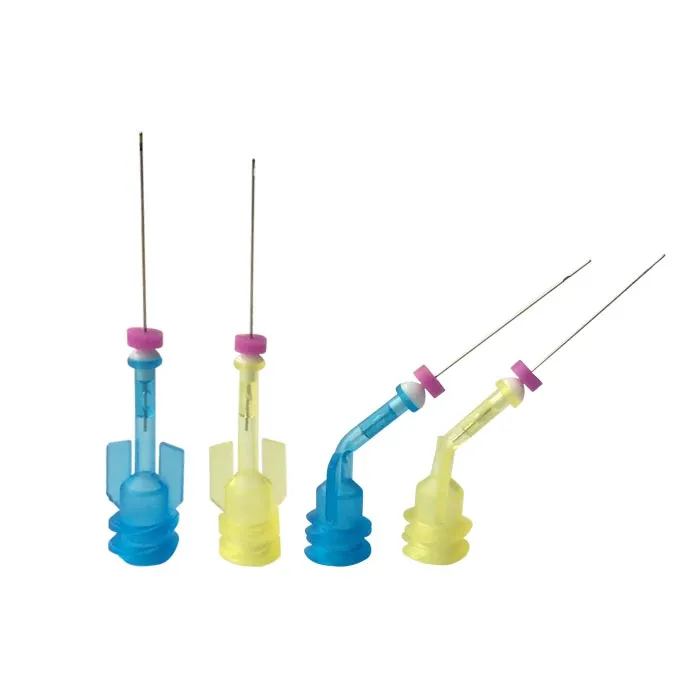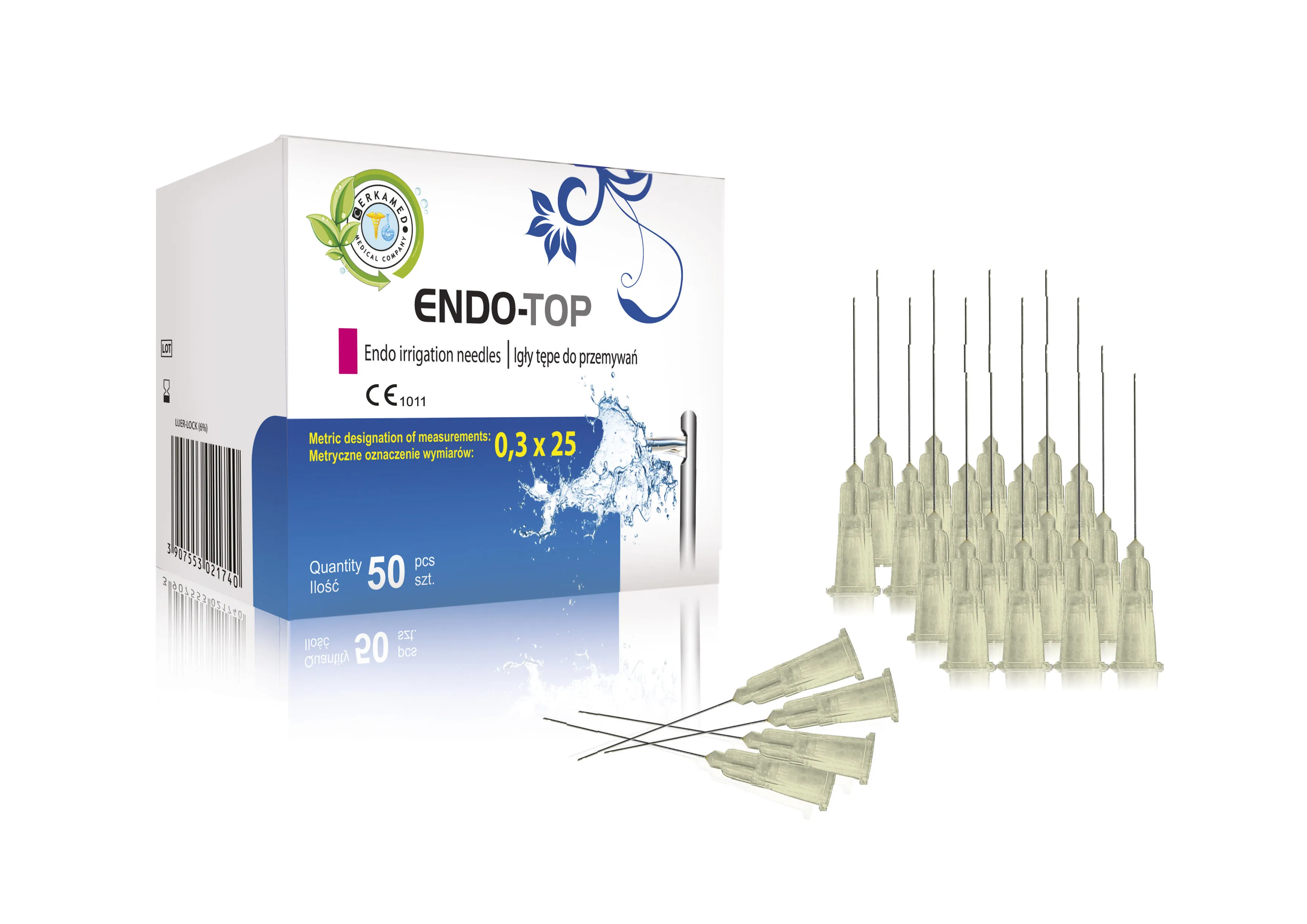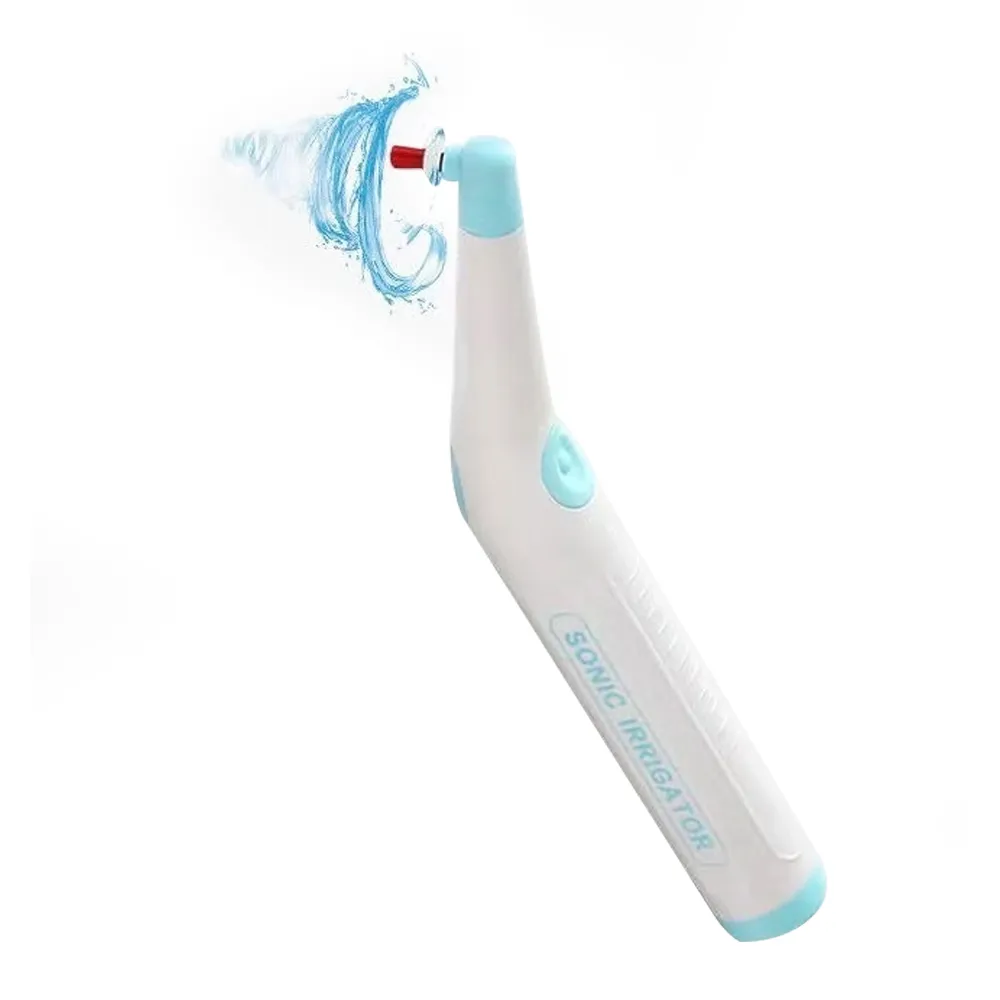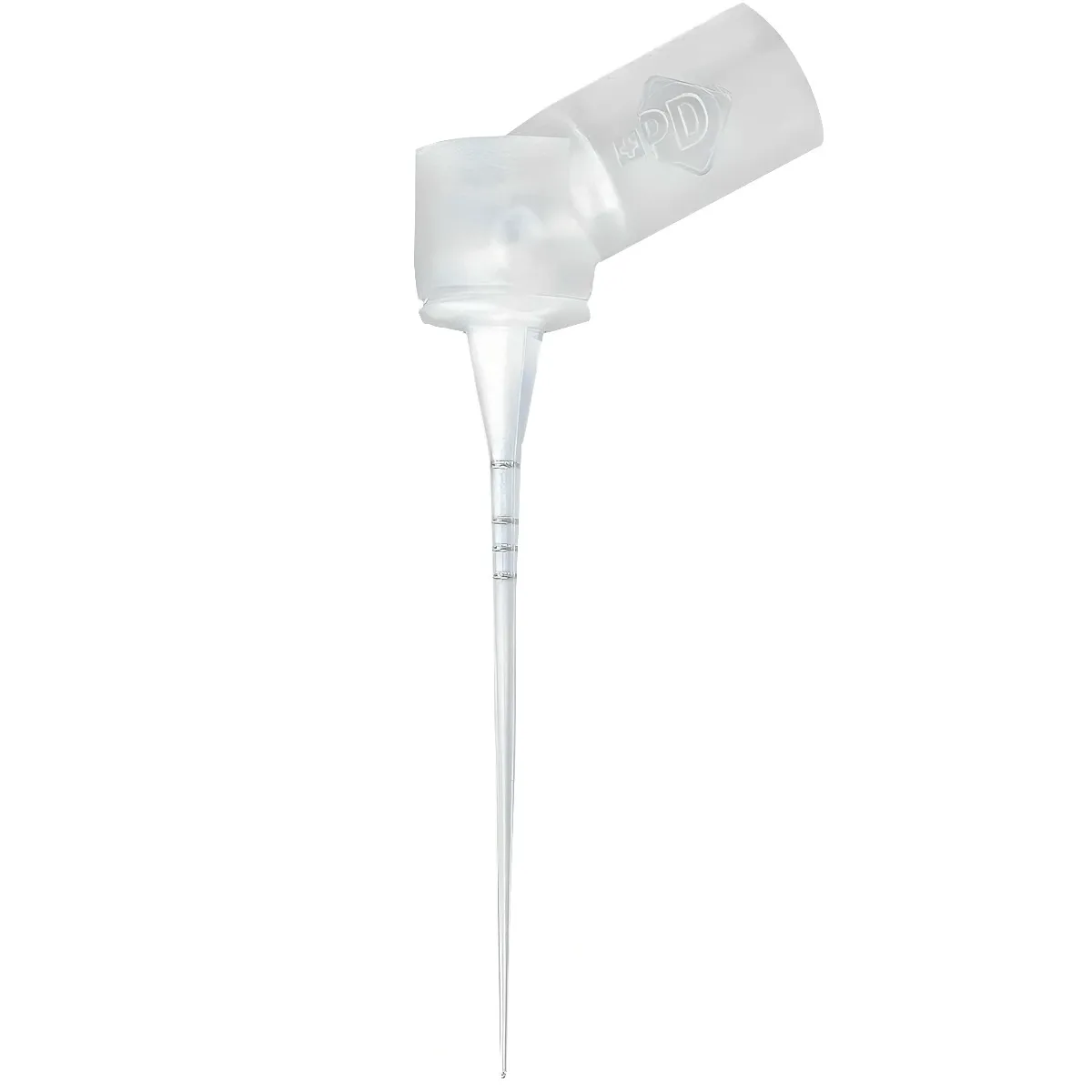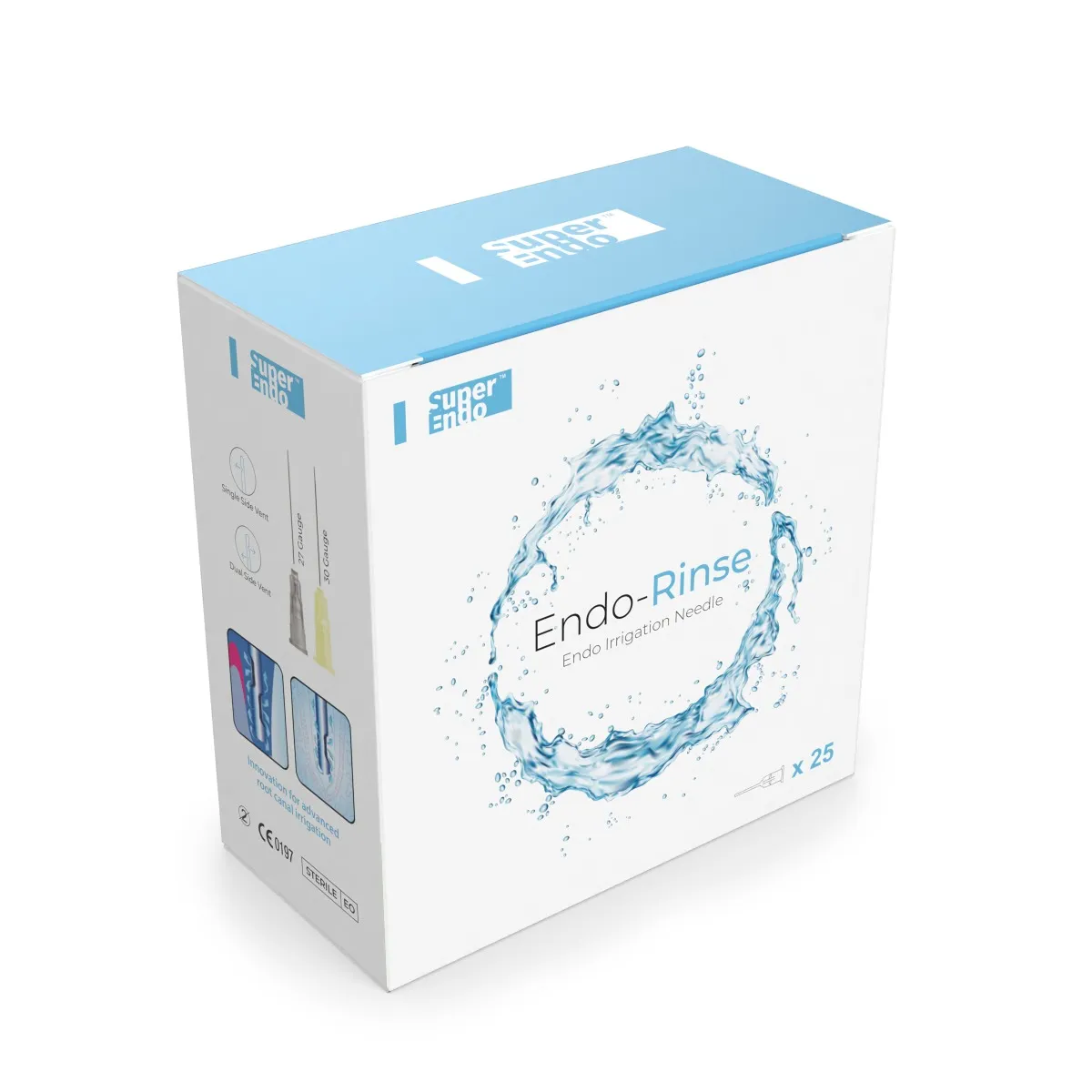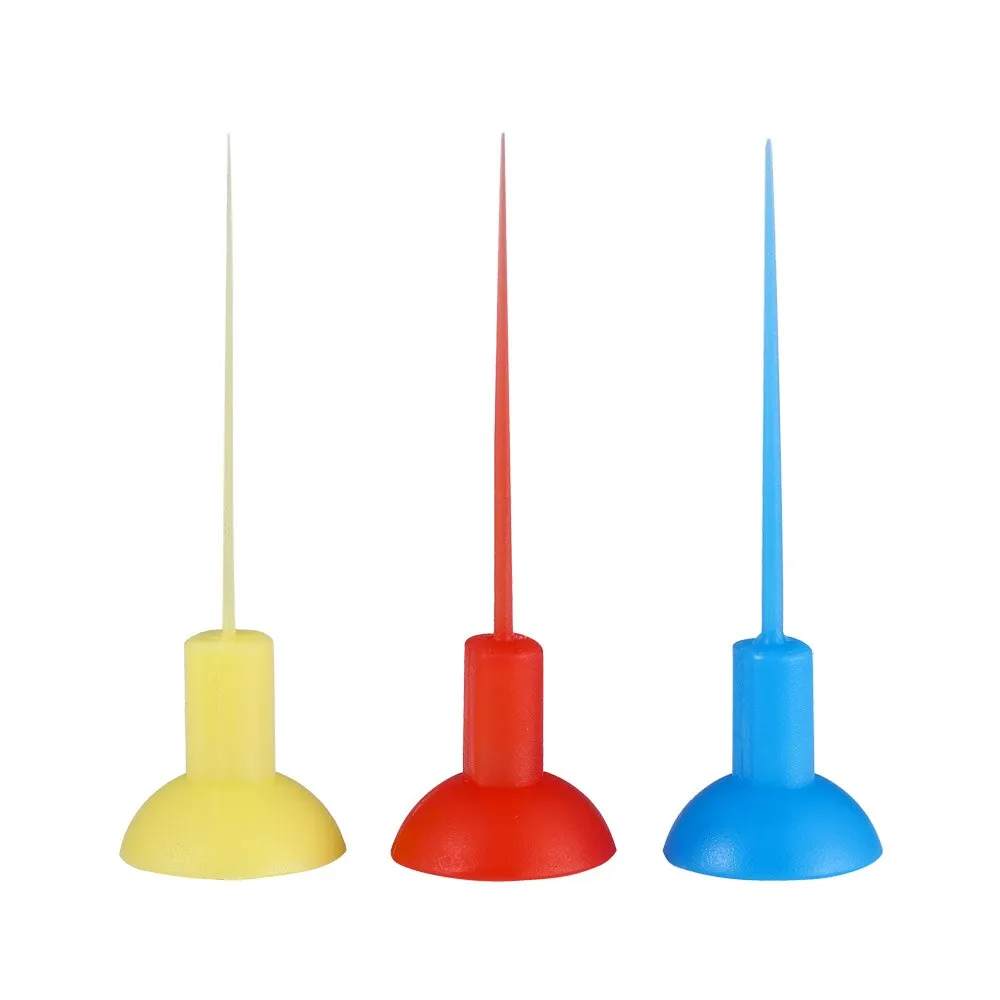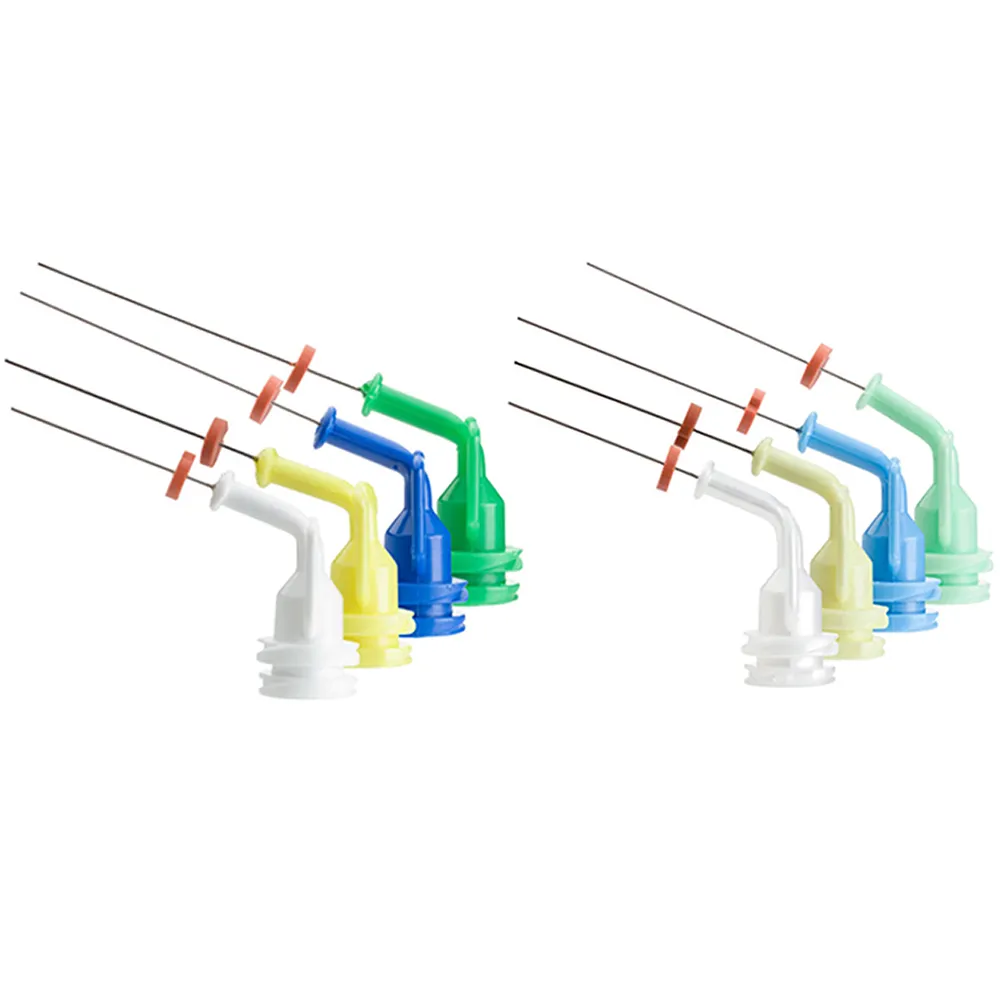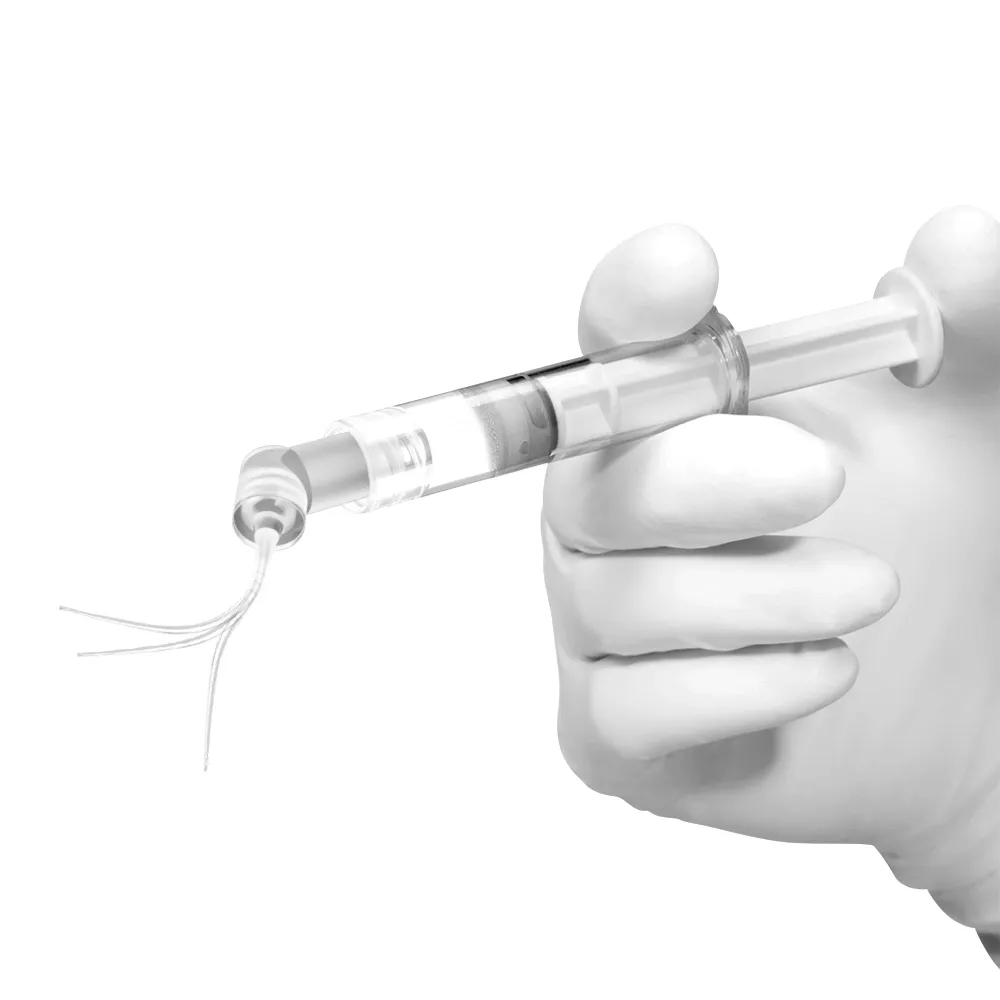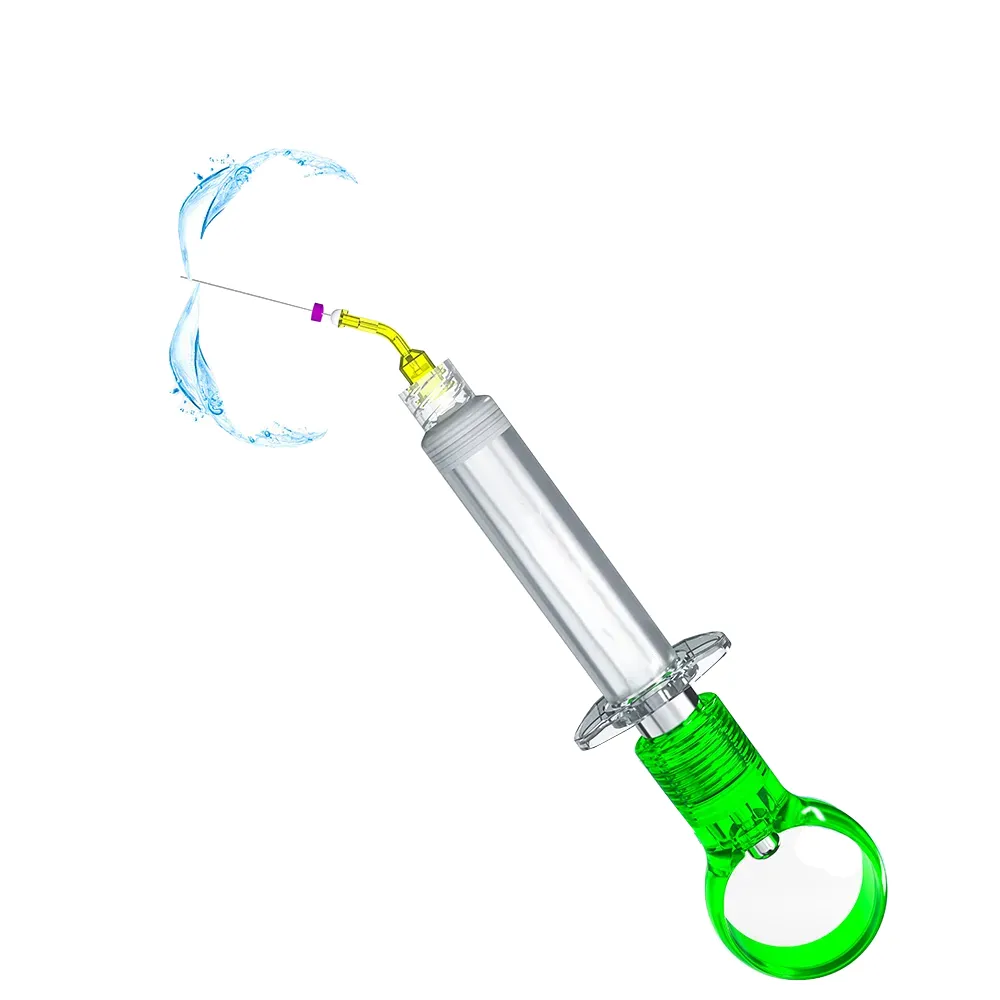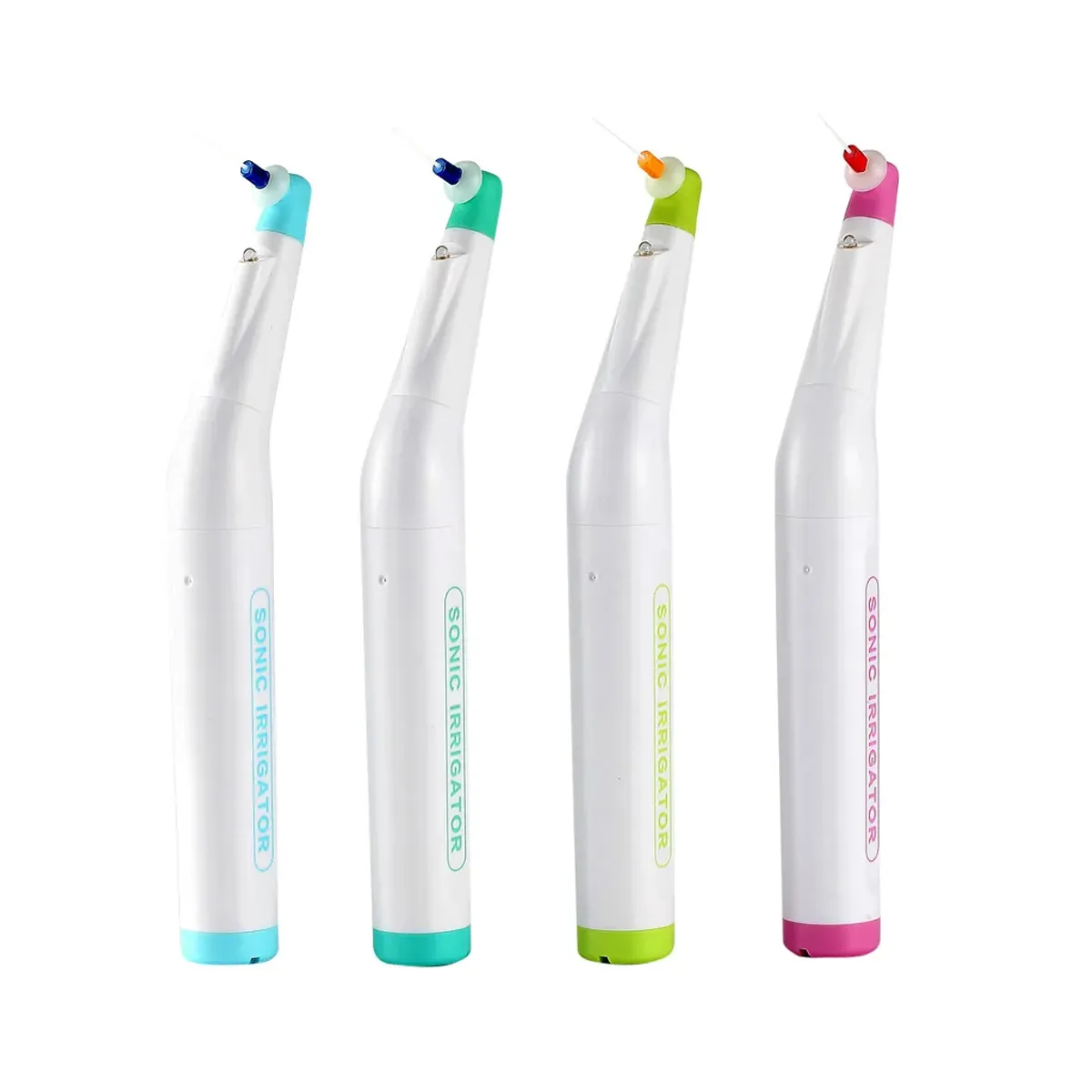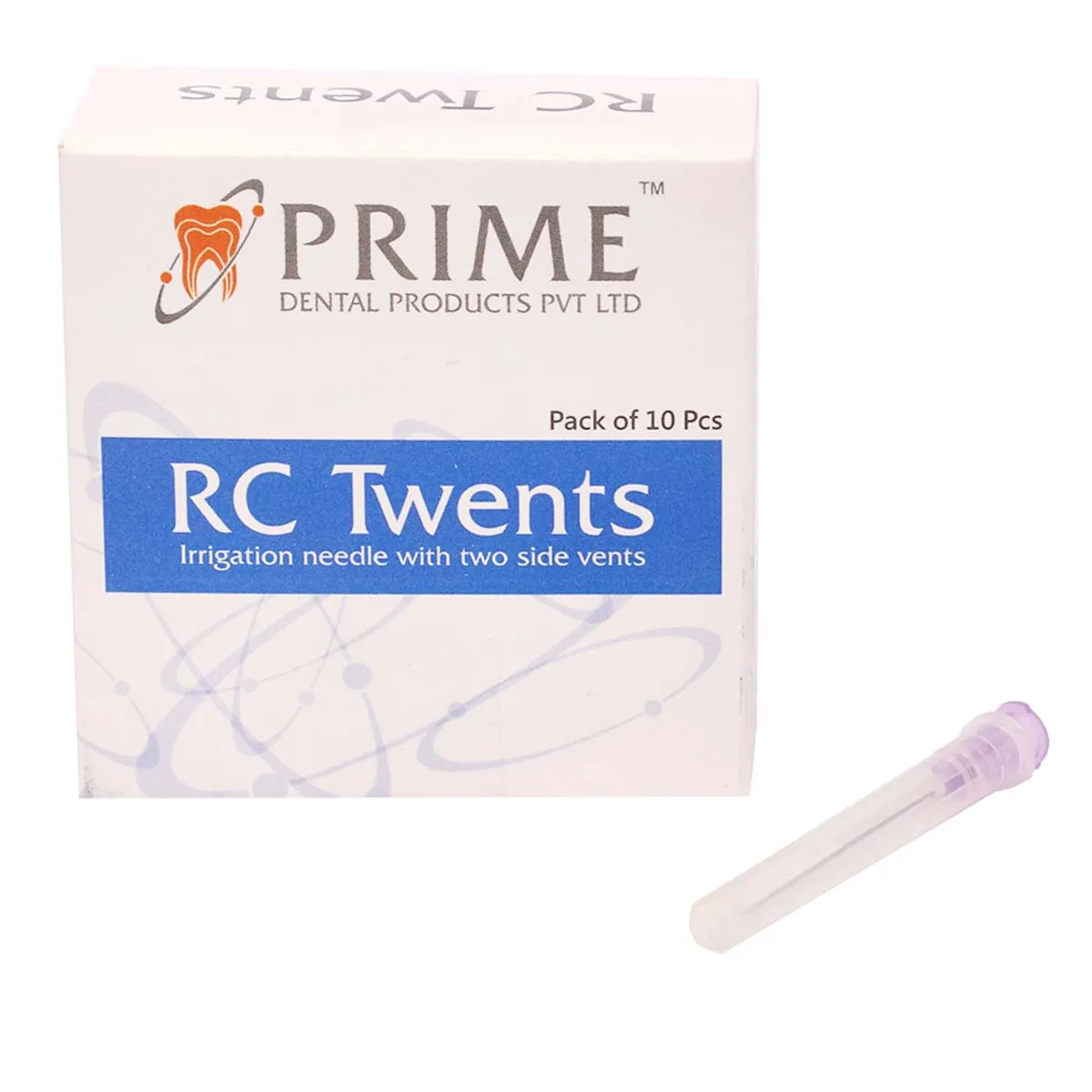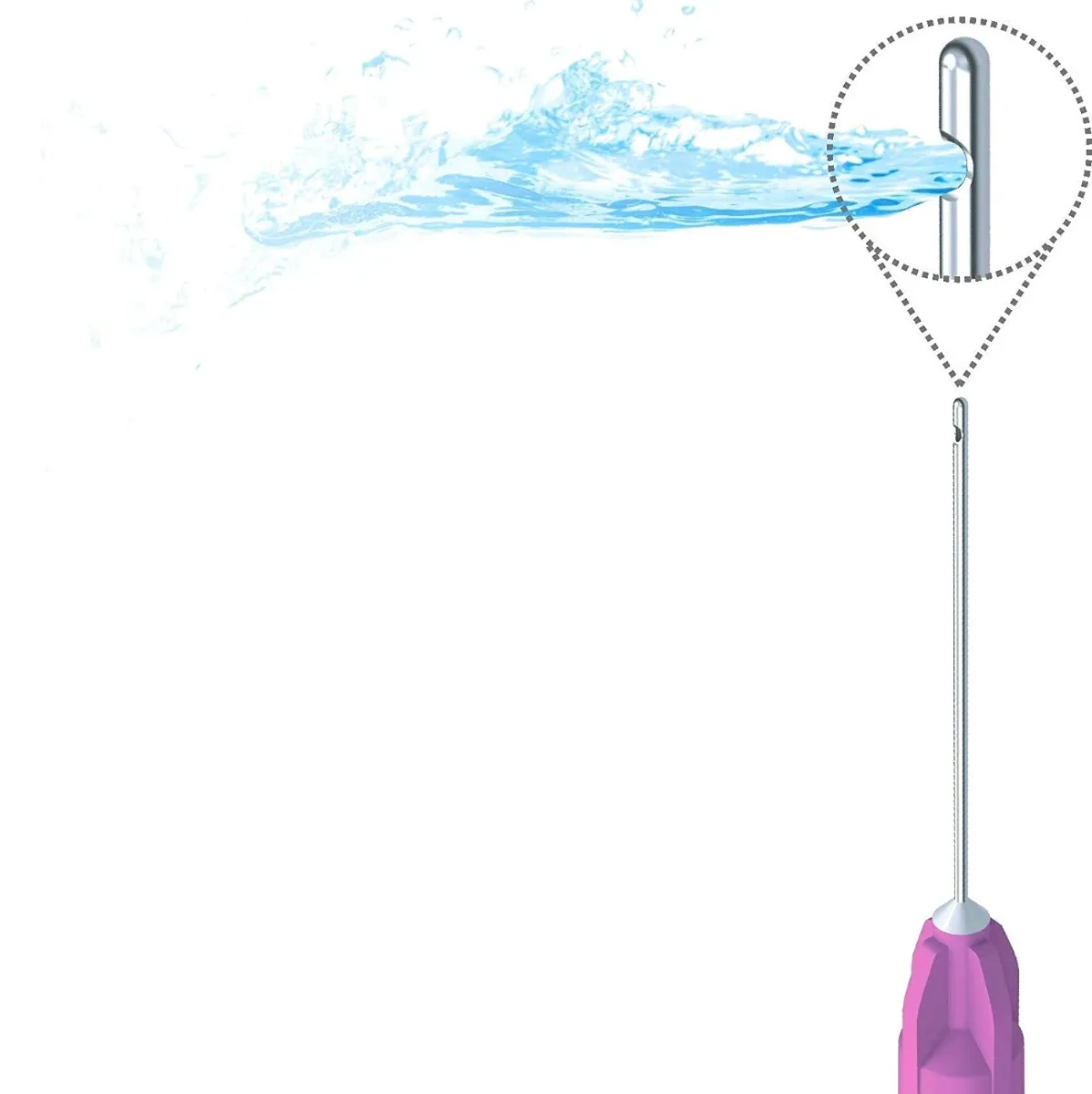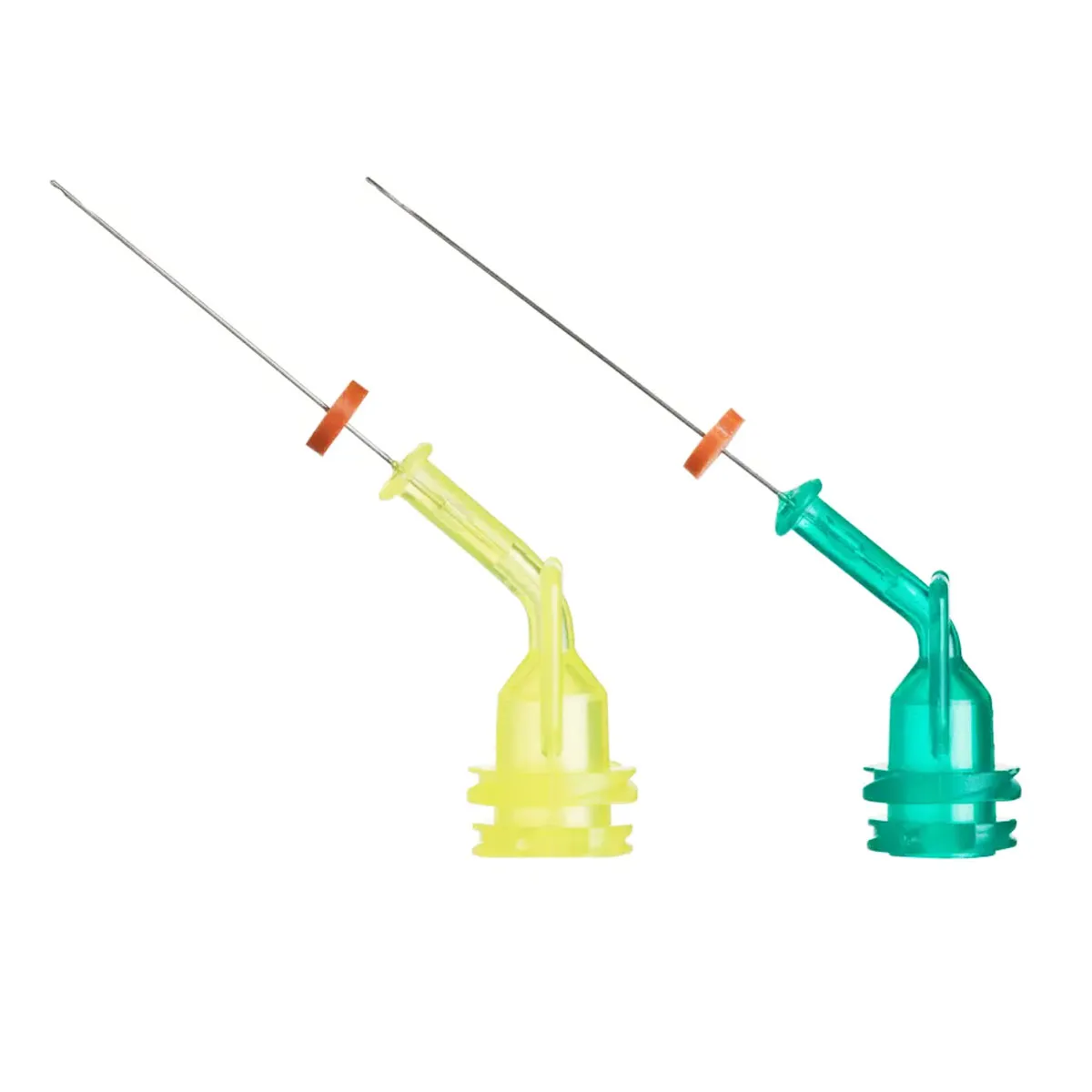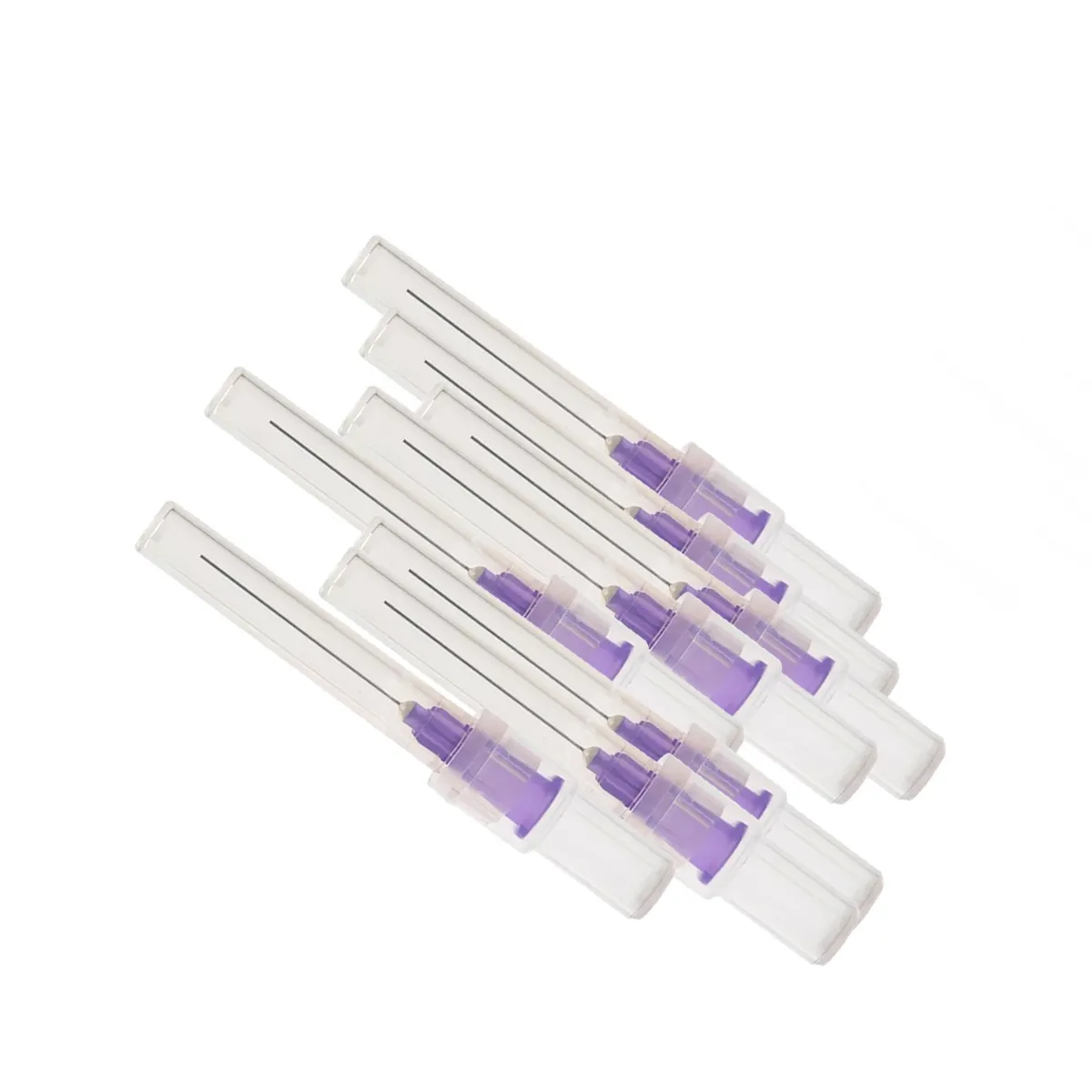Irrigation Needles in Dentistry: Enhancing Precision and Infection Control
Introduction:
In the realm of dentistry, precision, and infection control are paramount. Dental practitioners rely on a plethora of tools and instruments to ensure the success of various dental procedures, and one such essential tool is the irrigation needle. These needles, specifically designed for precise and controlled irrigation, play a pivotal role in maintaining a sterile environment within the oral cavity and enhancing the overall efficacy of dental treatments.
Types of Irrigation Needles
Irrigation needles are available in a variety of types and configurations, each tailored to meet the specific needs of dental procedures. These needles can vary in terms of gauge, length, and design, allowing for optimal irrigation in various clinical situations. Here are some common types of irrigation needles:
- Standard Irrigation Needles: These are the most commonly used irrigation needles in dental procedures. They feature a narrow, flexible design that allows for easy access to the root canal system.
- Side-Vent Irrigation Needles: Side-vent needles have multiple openings on the sides of the needle, facilitating 360-degree irrigation coverage within the root canal. This design helps ensure thorough cleaning.
- Closed-End Irrigation Needles: Closed-end needles have a sealed tip with one or more side vents. They are useful for preventing the extrusion of irrigants beyond the apex of the tooth, reducing the risk of over-irrigation.
- Endo Irrigator Tips: These specialized tips are designed to fit onto endodontic syringes or irrigation systems. They come in various shapes, including side-vented, brush-tipped, and needle-tipped designs, each tailored to specific irrigation needs.
- Fine-Tipped Irrigation Needles: Fine-tipped needles are ideal for narrow or calcified canals, allowing for precise delivery of irrigants even in challenging anatomical situations.
- Safety Irrigation Needles: These needles are designed with safety features to minimize the risk of needlestick injuries. They often have a retractable or shielded design.
- Curved or Bent Irrigation Needles: These needles have a curved or bent shape, making it easier to access curved canals and deliver irrigants effectively.
- Brush-Tipped Irrigation Needles: Brush-tipped needles have bristles at the tip, enhancing mechanical cleaning while delivering irrigants. They are particularly useful for removing debris from the canal walls.
- Flexible Irrigation Needles: These needles have a flexible design, allowing for better adaptation to the canal's curvature and reducing the risk of canal transportation.
How to Use Irrigation Needles
Using irrigation needles in dental procedures requires a systematic approach to ensure their effective and safe utilization. Here's a step-by-step guide on how to use irrigation needles:
- Select the Appropriate Needle: The first step is to choose the appropriate gauge and type of irrigation needle based on the specific procedure and treatment area. Dental professionals should consider the size of the needle's gauge, the design that suits the clinical context, and the type of irrigation solution to be used.
- Attach to an Irrigation Syringe: If the irrigation needle is not pre-attached to a syringe, it should be securely connected to an irrigation syringe. This step ensures that the needle and syringe form a cohesive unit.
- Prepare the Irrigation Solution: Depending on the procedure and the clinical objective, dental practitioners should prepare the appropriate irrigation solution. Common solutions include sterile saline, chlorhexidine, or hydrogen peroxide, among others.
- Position the Needle: With the irrigation solution ready, carefully position the needle in the treatment area, ensuring that it reaches the target site requiring irrigation. Proper positioning is crucial to deliver the solution precisely where it's needed.
- Initiate Irrigation: Start the irrigation flow by depressing the syringe plunger gently. Dental professionals should exercise control over the flow rate and direction to avoid excessive dispersion of the solution. A controlled and targeted flow is essential for effective irrigation.
- Maintain Precise Control: Throughout the procedure, it's imperative to maintain precise control over the flow and direction of the irrigation solution. Dental practitioners should adapt the flow rate and needle placement as needed to achieve the desired outcomes.
Dentalkart's Range of Irrigation Needles
Dentalkart understands the critical role that irrigation needles play in dental procedures. Therefore, we offer a diverse range of irrigation needles, including renowned brands such as Waldent, Ultradent, Cerkamed, Vishal Dentocare, Irriflex, SuperEndo, and more. Our selection encompasses various types, sizes, and configurations of irrigation needles to cater to the specific needs and preferences of dental professionals.
Why Choose Dentalkart for Irrigation Needles
Dentalkart has emerged as the preferred choice for dental professionals for several compelling reasons:
- Quality Assurance: We source our products from trusted manufacturers known for their unwavering commitment to quality and precision. This ensures that the irrigation needles we offer meet the highest industry standards.
- Competitive Pricing: Dentalkart is dedicated to providing competitive pricing for its products. We believe that dental practitioners should have access to high-quality instruments without straining their budgets.
- Diverse Product Catalog: Dentalkart boasts an extensive product catalog that spans a wide range of dental instruments, equipment, and supplies. This diversity makes us a one-stop destination for dental professionals seeking a comprehensive selection of dental products.
- Convenience: Our user-friendly online platform simplifies the process of browsing, selecting, and purchasing dental products. We prioritize convenience to save practitioners valuable time.
- Timely Delivery: Dentalkart is committed to ensuring the timely delivery of orders. We understand the importance of receiving products promptly to minimize disruptions in dental practices.
- Customer Support: Dentalkart's dedicated customer support team is readily available to assist with inquiries, provide guidance, and offer assistance as needed. We prioritize customer satisfaction and aim to address any concerns promptly.
Conclusion:
In summary, irrigation needles are indispensable tools in the practice of dentistry, contributing to infection control and the overall success of dental procedures. Dentalkart's comprehensive range of irrigation needles, sourced from reputable brands, ensures that dental professionals have access to top-quality instruments for their diverse clinical needs. We are committed to supporting dental practitioners with the best tools and equipment, empowering them to deliver exceptional patient care.
Q: What are irrigation needles used for in dentistry?
A: Irrigation needles are used in dentistry to deliver precise and controlled streams of irrigation solutions to clean, disinfect, or irrigate treatment areas during various dental procedures. They help maintain a sterile environment and enhance the effectiveness of treatments.
Q: What types of irrigation needles are available?
A: There are several types of irrigation needles, including monojet needles, syringe-attached needles, and side-vented needles. Each type is designed for specific clinical situations and provides different advantages in terms of irrigation control and precision.
Q: What are some common irrigation solutions used with these needles?
A: Common irrigation solutions include sterile saline, chlorhexidine, hydrogen peroxide, and various proprietary irrigation solutions. The choice of solution depends on the procedure and its specific requirements.
Q: Are there specific guidelines for the disposal of used irrigation needles?
A: Proper disposal of used irrigation needles should follow medical waste disposal regulations in your region. Typically, used needles should be placed in designated sharps containers for safe disposal.
Q: Are there irrigation needle options specifically designed for use with narrow canals or difficult-to-reach areas?
A: Yes, there are specialized irrigation needle designs, such as fine-tipped needles, that are suitable for use in narrow canals or areas that are challenging to access.








